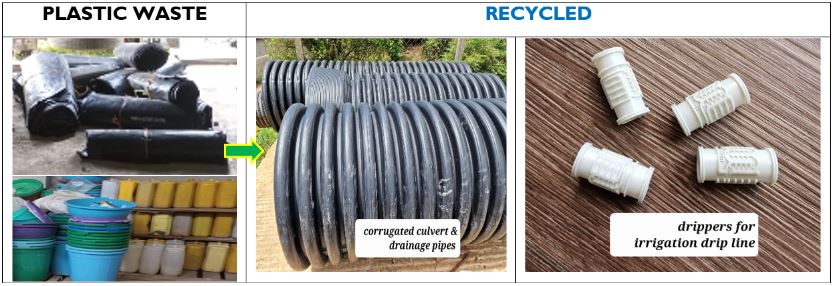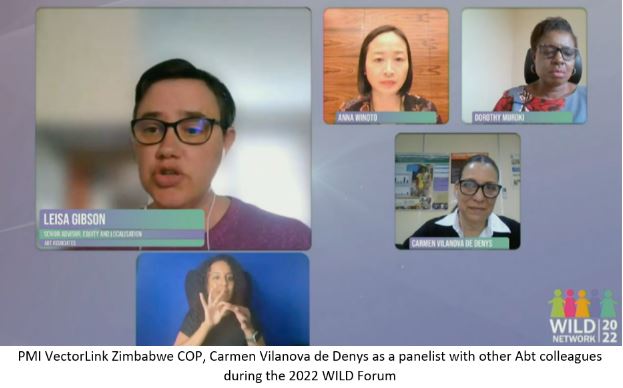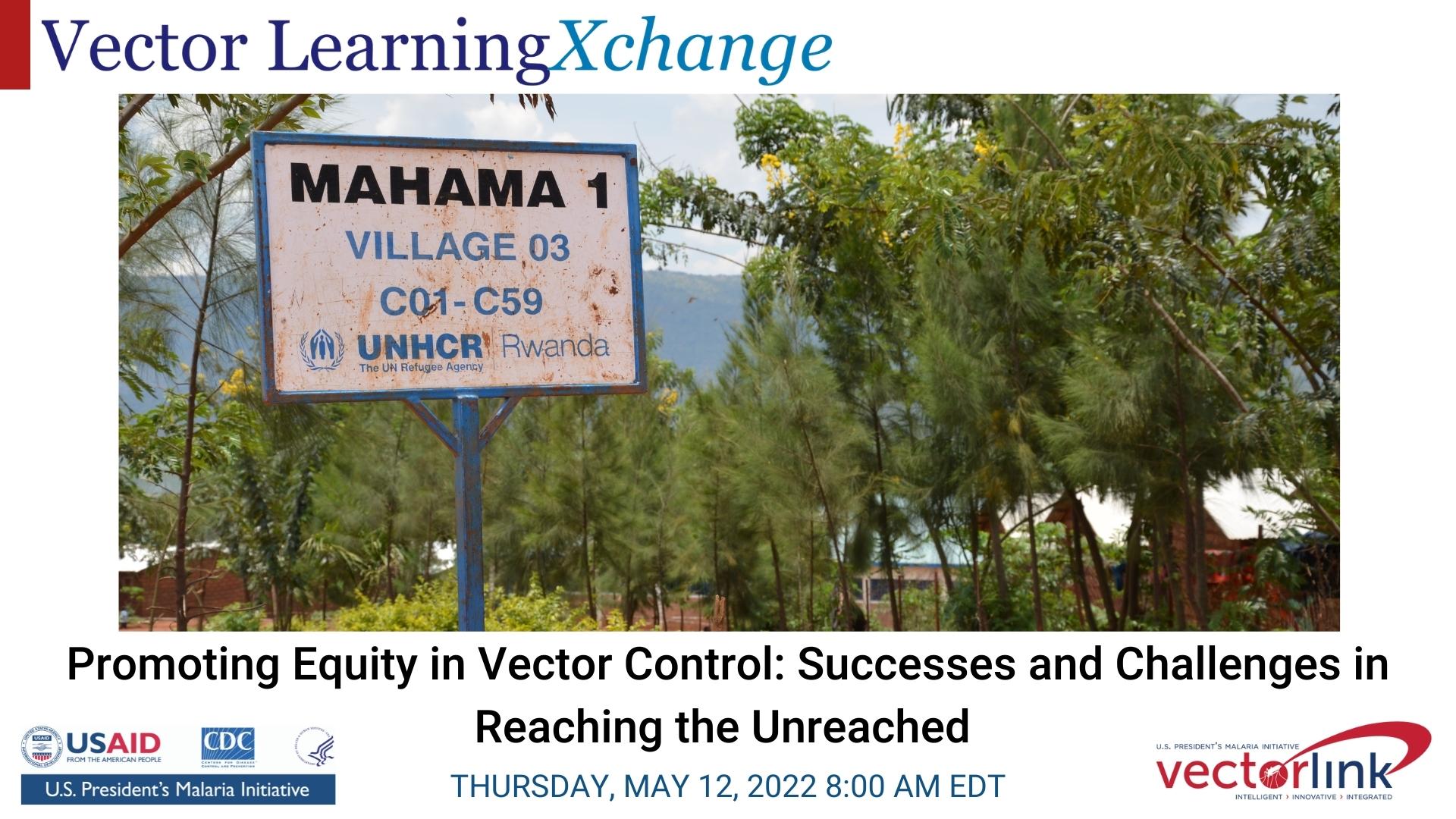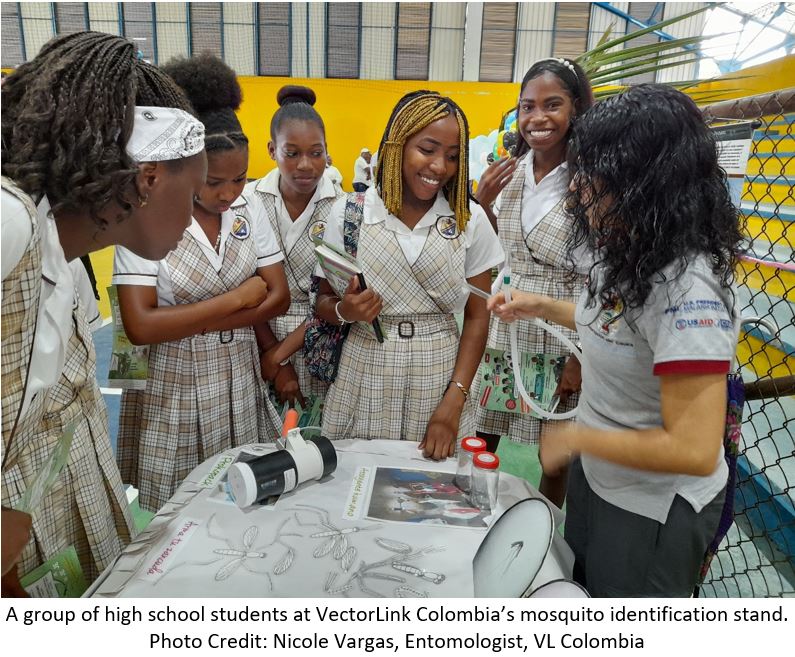Indoor residual spraying campaigns require several components to be successful. Vehicles are crucial as is the fuel necessary to run them as spray teams often need to travel considerable distances to reach the communities where spraying occurs. This week’s Fist Bump goes to the VectorLink Sierra Leone team for working around significant challenges such as a national fuel shortage to ensure the campaign would be a success.
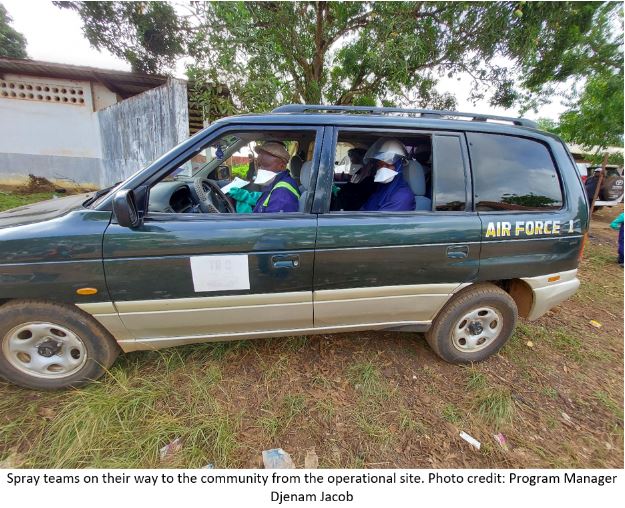
During the 2022 spray campaign, VectorLink Sierra Leone targeted 160,919 structures over 24 operational days with a goal to protect an estimated population of 698,552 people. The VectorLink team did not let the challenge of a fuel shortage take over their efforts to make this campaign a successful one. In addition to contracting a major fuel provider to supply fuel during the campaign as much as possible, the spray teams also carefully re-evaluated their daily spray calendar based on fuel supply.
To maximize spray coverage and protect as many people as possible, the teams utilized the community mobilizers to their full extent to sensitize community members to be as flexible as possible for potential spray date changes. If fuel supply was very low or not available on a specific date, the team would quickly reassess their calendar and spray communities close to the operational sites versus spraying remote villages that day. This strategy allowed the team to minimize disruptions as much as possible. In addition, quick coordination across all operational sites was facilitated by the local district health management teams, who were integrated as part of the VectorLink team and assigned to specific operational sites for local government capacity strengthening.
The team’s efforts paid off. PMI VectorLink achieved around 95% spray coverage in Bombali district and 97% in Bo district (final results pending data cleaning).
Kudos to the whole VL Sierra Leone team. Job well done!


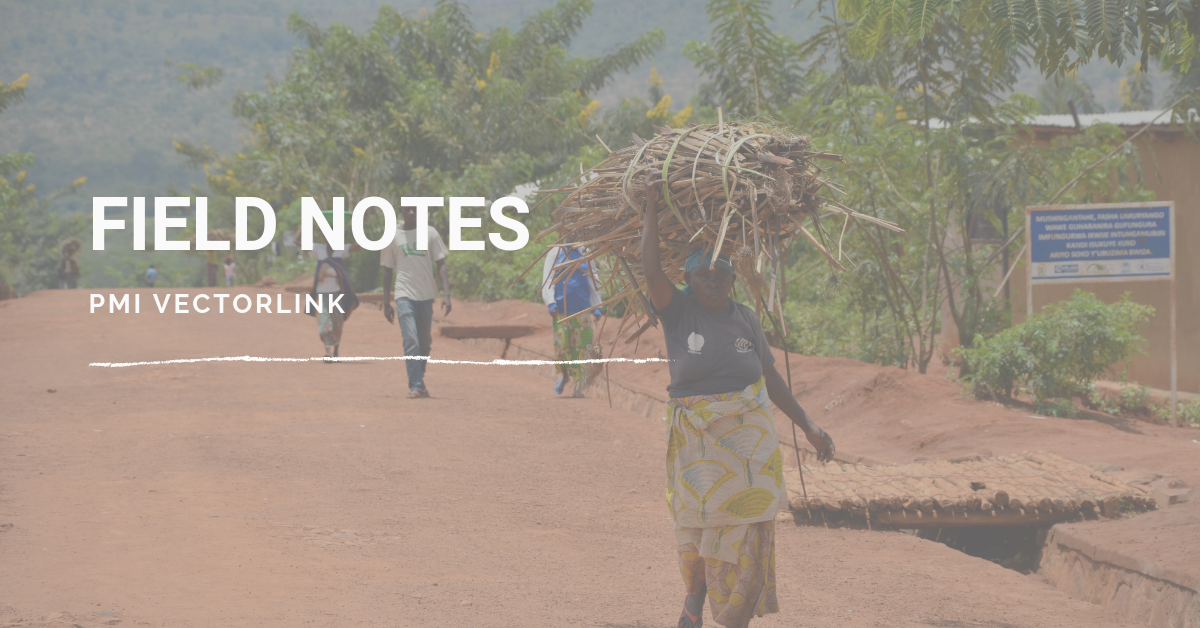

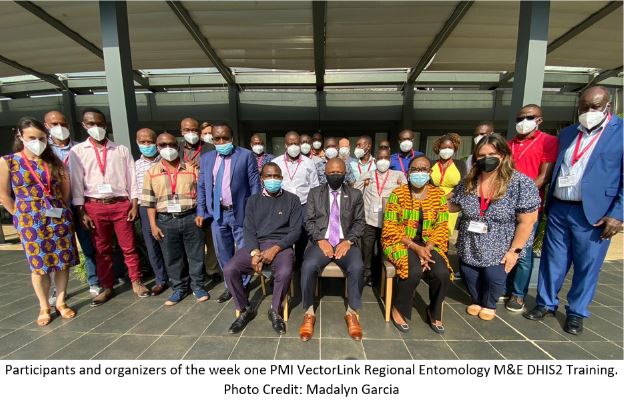 This week was the first week of the PMI VectorLink Regional Entomology M&E DHIS2 Training in Cameroon. The training, with participants expected from 18 countries (Angola, Ghana, Liberia, Sierra Leone, Nigeria, Rwanda, Ethiopia, Uganda, Zimbabwe, Zambia, Burkina Faso, Cote d’Ivoire, Mali, Senegal, Cameroon, DRC, Madagascar, and Niger) over the course of both weeks, is the first in-person training event to take place since the start of the COVID-19 pandemic. While there is still another week remaining, we wanted to Fist Bump those who made this training possible: Project Management Analyst, Madalyn Garcia, Entomology M&E Specialists, Marianne Henry and Lilly Siems, Technical Director Matt Kirby, Senior Data Visualization Developer Matt Boddie, M&E Director Kate Stillman, and PMI VectorLink Cameroon COP Dr. Etienne Fondjo and F&A Manager Jeannette Epee Kwa.
This week was the first week of the PMI VectorLink Regional Entomology M&E DHIS2 Training in Cameroon. The training, with participants expected from 18 countries (Angola, Ghana, Liberia, Sierra Leone, Nigeria, Rwanda, Ethiopia, Uganda, Zimbabwe, Zambia, Burkina Faso, Cote d’Ivoire, Mali, Senegal, Cameroon, DRC, Madagascar, and Niger) over the course of both weeks, is the first in-person training event to take place since the start of the COVID-19 pandemic. While there is still another week remaining, we wanted to Fist Bump those who made this training possible: Project Management Analyst, Madalyn Garcia, Entomology M&E Specialists, Marianne Henry and Lilly Siems, Technical Director Matt Kirby, Senior Data Visualization Developer Matt Boddie, M&E Director Kate Stillman, and PMI VectorLink Cameroon COP Dr. Etienne Fondjo and F&A Manager Jeannette Epee Kwa. 